Search
Remove Ads
Advertisement
Search Results
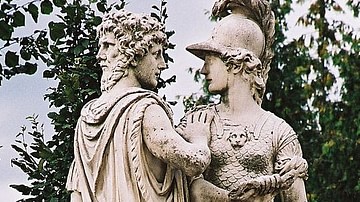
Definition
Roman Mythology
The ancient Romans had a rich mythology and, while much of it was derived from their neighbors and predecessors, the Greeks, it still defined the rich history of the Roman people as they eventually grew into an empire. Roman writers such...

Definition
Vulcan
Vulcan or Volcanus was the Roman god of fire and forge, the equivalent of Hephaestus from Greek mythology. The son of Jupiter and Juno, he was the special patron of blacksmiths and artisans. As the god of the forge and the devastating fire...
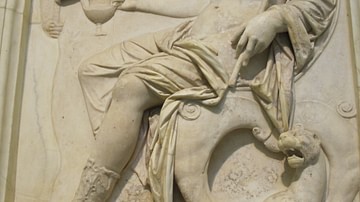
Definition
Bacchus
Bacchus was the god of wine and revelry in Roman mythology. Considered the most versatile and elusive of the gods, with a Greek equivalent in Dionysus, Bacchus is frequently associated with the Roman god of wine Liber Pater. He brought joy...
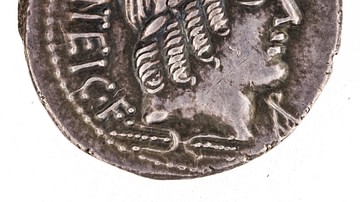
Definition
Vejovis
Vejovis (sometimes spelt Vediovis) was an obscure Roman deity. He is poorly attested in both written sources and archaeology, and his nature is debated by scholars. His name is related to Jove (Jupiter), and some authors described him as...
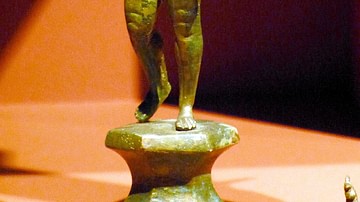
Definition
Mercury (Deity)
Mercury (Mercurius) was the Roman god of commerce, often serving as a mediator between the gods and mortals, his winged feet giving him the advantage of speed, and so was the patron of circulation in general - of people, goods and messages...
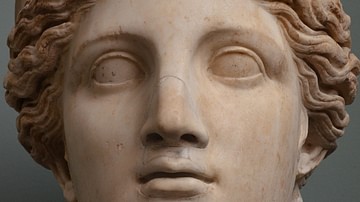
Definition
Juno
Juno was the Roman goddess who protected the nation as a whole but also kept special watch over all aspects of women's lives. She is often thought of as the Roman version of the Greek goddess of love and marriage, Hera. Juno was the wife...

Definition
Aeneas
In Greco-Roman mythology, Aeneas is a Trojan prince and the legendary founder of the Romans. He is the son of Anchises, a member of the Trojan royal family, and the goddess Aphrodite/Venus. Aeneas was one of the few Trojan heroes who escaped...

Definition
Galileo Galilei
Galileo Galilei (1564-1642) was an Italian mathematician, physicist, astronomer, and natural philosopher. He created a superior telescope with which he made new observations of the night sky, notably that the surface of the Moon has mountains...
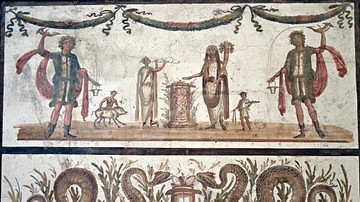
Article
Roman Household Spirits: Manes, Panes and Lares
To the ancient Romans, everything was imbued with a divine spirit (numen, plural: numina) which gave it life. Even supposedly inanimate objects like rocks and trees possessed a numen, a belief which no doubt grew out of the early religious...
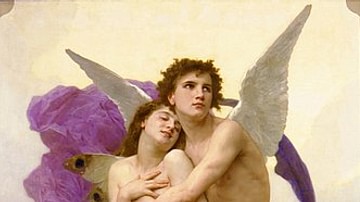
Definition
Psyche
Psyche was the goddess of the soul in ancient Greek and Roman mythology. Born a mortal woman, her beauty rivaled that of Aphrodite (Venus) and inspired the love of Aphrodite's son, Eros, god of desire. After completing a series of seemingly...